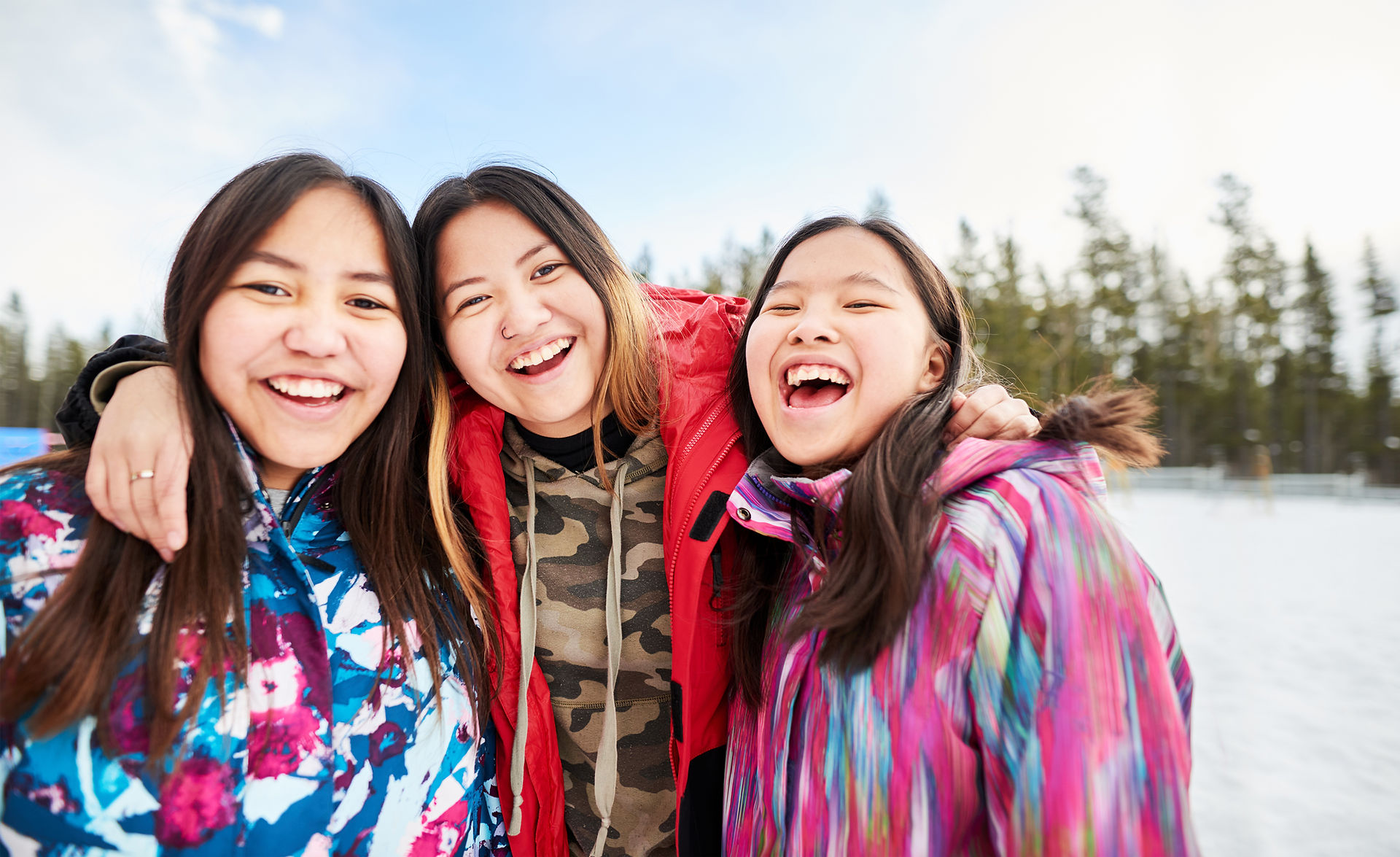
Who We Are
A group of concerned students and alumni who wish to ensure Indigenous students at AU have a supportive, well-rounded educational experience. We work together with the values of relational accountability and consensus.
Each member has an equal voice and their skills, knowledge, lived experiences and vision to share are welcomed and honoured.
BACKGROUND INFORMATION
In early 2024, the Athabasca University Students Union (AUSU) put out an open call for new members to join the Indigenous Circle (IC). The IC was an advocacy project supported by many dedicated students and staff who wished to see better representation for Indigenous students and ways to ensure that the issues Indigenous students face were taken seriously by the students' union and the university.
A few of us answered that call and joined the IC in the summer of 2024, as previous students were graduating and moving on. Our small but dedicated group met once a month or more to discuss the needs of Indigenous students, work on advocacy, and uplift the voices of Indigenous students. In our short time together, we published blogs, podcast episodes, helped review policies and organized a speakers' event which included Elmer Ghostkeeper and Benjamin Kucher. One member was chosen as the representative to the National Indigenous Advocacy Committee (NIAC), part of the Canadian Alliance of Students Associations (CASA) and acted as our voice regarding federal and provincial issues impacting Indigenous students.
We had many plans and hopes, including organizing and supporting peer mentorship, co-study and networking sessions, land-based and cultural gatherings supported by cultural teachers and Elders, and understanding the barriers Indigenous students face when applying for school and aiming to finish their courses, so that we could advocate for more comprehensive supports.
In January of 2025, the IC was dissolved by AUSU without explanation, alongside the Equity, Diversity and Inclusion (EDI) committee and a number of other groups. Since then, we have continued to meet, both to hold them accountable and to continue visioning better supports for Indigenous students! Many organizations and institutions claim to be committed to reconciliation and decolonization, yet Indigenous students still experience many issues within the educational system, including a lack of meaningful consultation.
We believe students are powerful together and act as a collective, consensus-based group, always welcoming to new members, supporters and allies!










